The strength of your bones plays a vital role in overall health and wellness, particularly as you age. Taking active steps to promote good bone health will reduce the chances of developing osteoporosis or other ailments related to poor bone density. One of the most important wellness goals to focus on as you age should be to ensure that you are taking in the best foods for healthy bones. Here is what you need to know about the importance of bone health and what you can do to protect this critical body component.
Why You Need to Maintain Healthy Bones
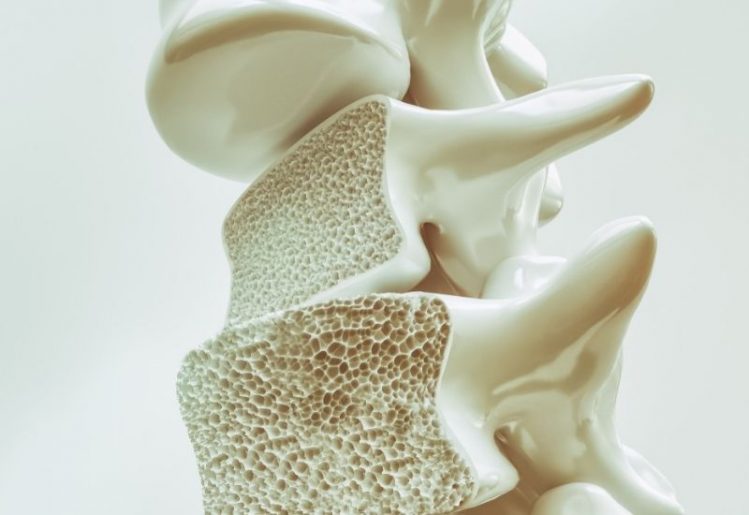 The body is adept at breaking down old bone tissue and replacing it with new tissue. When you are young, your body is able to complete this process more quickly, leading to an excess of bone mass. Most individuals enjoy peak bone mass starting in the mid-20s and continuing through the mid-30s.
The body is adept at breaking down old bone tissue and replacing it with new tissue. When you are young, your body is able to complete this process more quickly, leading to an excess of bone mass. Most individuals enjoy peak bone mass starting in the mid-20s and continuing through the mid-30s.
However, as your body begins to age, the rate of new bone production slows down. This often leads to the common condition of osteoporosis as the new bone production cannot keep pace with the loss of deteriorating bone. As a result, it is not uncommon for the bones to weaken and become brittle. This makes them more likely to break, when they would have stayed strong in the past.
By taking a proactive approach to maintaining bone health when you are young, you are also more likely to boost your overall bone mass. This increase in healthy bone mass will translate to a reduced risk of developing osteoporosis and additional health issues that are related to bone health.
Best Foods for Healthy Bones
The good news is that it may be easier than you think to get the nutrients that you need to encourage healthy bones. The top nutrients that you need to focus on in order to support optimal bone health are vitamin C, vitamin D3, vitamin K, vitamin B6, vitamin B12, calcium, magnesium and soy isoflavones. Here are the best foods to add to your diet if supporting healthy bones is your goal.
Milk
Most everyone knows that drinking milk is the cornerstone of good bone health. Just one 8-ounce glass of milk will deliver 30 percent of the recommended daily intake for most people, making this a good bang for your buck. You can also boost your calcium intake by drinking the milk from your breakfast cereal, adding it to coffee or including it in your smoothie recipes.
Yogurt and Cheese
If you are not a milk drinker, yogurt and cheese make a great substitute. Not only will a cup of yogurt provide an abundance of calcium, but it will also offer loads of crucial vitamin D. While cheese does not provide the same punch of vitamin D, it does still provide a lot of calcium to strengthen bones.
Sardines
Most individuals do not think of sardines as a good food to eat when you are looking to support good bone health. These little fish provide both calcium and vitamin D, making them a good choice when you get tired of the dairy products.
Tuna
Like sardines, tuna also boasts a high amount of vitamin D. Just three ounces of canned tuna has nearly 40 percent of the daily recommended amount of this crucial vitamin for bone health.
Fortified Cereals
Today’s fortified cereals are a goldmine of nutrition. Featuring copious amounts of vitamin D, vitamin B6, vitamin B12 and magnesium, one bowl of fortified cereal per day can provide a host of essential vitamins when you are looking to build strong bones. Be sure to read the label to ensure that you are getting what you need to promote good bone health.
Eggs
Along with your bowl of morning cereal, be sure to consider eating an egg to start your day. Keep in mind that the vitamin D is in the yolk, making it important that you do not just eat egg whites.
Spinach and Collard Greens
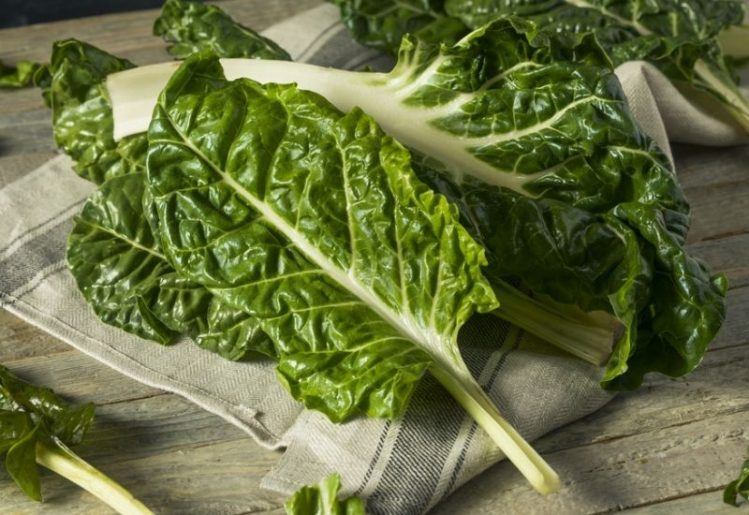 Greens lovers will appreciate knowing that you do not have to focus on dairy to encourage great bone health. Spinach and collard greens are also rich in calcium.
Greens lovers will appreciate knowing that you do not have to focus on dairy to encourage great bone health. Spinach and collard greens are also rich in calcium.
Soy Products
Soy products such as soybeans, tempeh and tofu also feature a good amount of soy isoflavones, crucial in the battle to keep bone mass density at acceptable levels.
You are never too young or too old to start focusing on doing what you can to protect your bones as you age. In addition to getting your food from a variety of natural sources, you can also maintain healthy bones through the use of a daily supplement such as Osteochron. Osteochron provides vitamins, minerals and other nutrients that can help to fill in the gaps that you may be missing from your regular diet, giving you peace of mind that you are doing all that you can for the health of your bones.
 Skeletal health is a critical part of being able to be active and healthy well into old age. While most everyone is familiar with the rock star nutrient for healthy bones – calcium – not everyone realizes that there are
Skeletal health is a critical part of being able to be active and healthy well into old age. While most everyone is familiar with the rock star nutrient for healthy bones – calcium – not everyone realizes that there are 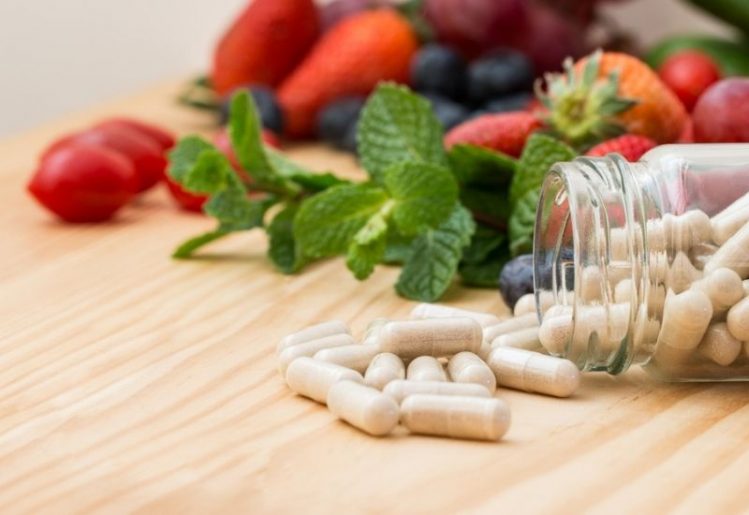 While a healthy diet should always be the primary goal when it comes to healthy bones, the facts are that certain nutrients are more difficult to obtain healthy levels of via diet alone. This can be especially true for those approaching the senior years and women moving toward and through menopause.
While a healthy diet should always be the primary goal when it comes to healthy bones, the facts are that certain nutrients are more difficult to obtain healthy levels of via diet alone. This can be especially true for those approaching the senior years and women moving toward and through menopause.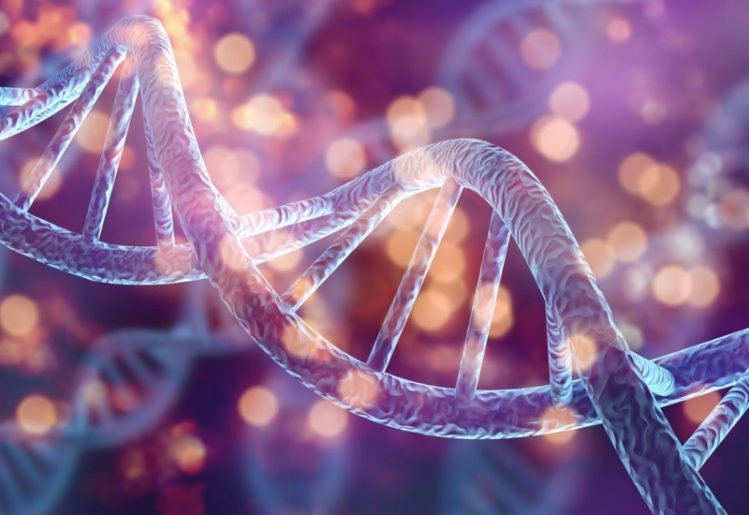 There are many ways vitamin B12 benefits everyone, regardless of age and gender. We know that vitamin B12 helps the body form new red blood cells and improves the metabolism of cells throughout the body. It also benefits nerve function and helps the body create new DNA. Vitamin B12 also promotes a healthy heart and helps to maintain blood pressure within normal ranges
There are many ways vitamin B12 benefits everyone, regardless of age and gender. We know that vitamin B12 helps the body form new red blood cells and improves the metabolism of cells throughout the body. It also benefits nerve function and helps the body create new DNA. Vitamin B12 also promotes a healthy heart and helps to maintain blood pressure within normal ranges 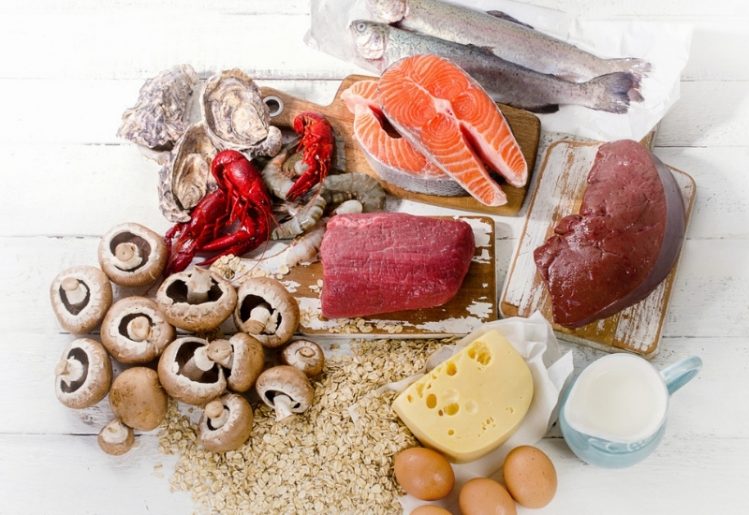 While organ meat from any animal is packed with a broad range of nutrients, the liver and kidneys of a lamb are particularly rich in vitamin B12, containing 3,571 percent of the daily recommended value, making it ideal for pregnant women. Lamb organ meat is also rich in vitamin A, vitamin B2, selenium and copper.
While organ meat from any animal is packed with a broad range of nutrients, the liver and kidneys of a lamb are particularly rich in vitamin B12, containing 3,571 percent of the daily recommended value, making it ideal for pregnant women. Lamb organ meat is also rich in vitamin A, vitamin B2, selenium and copper.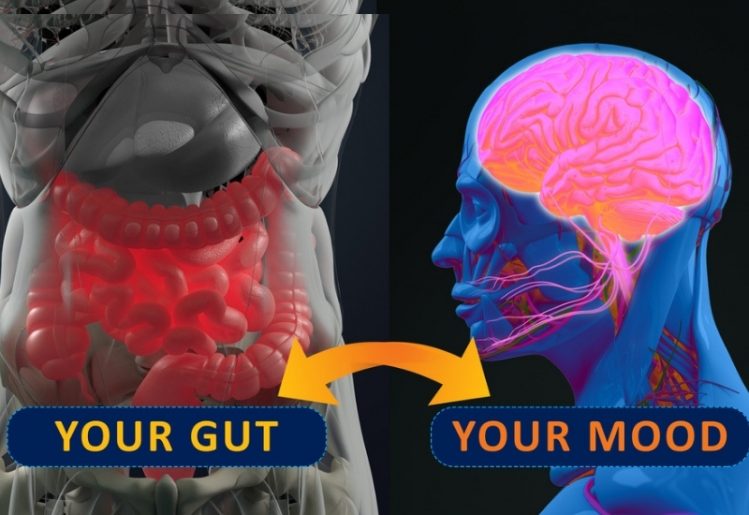 While there are already established links between gut microbiota and
While there are already established links between gut microbiota and 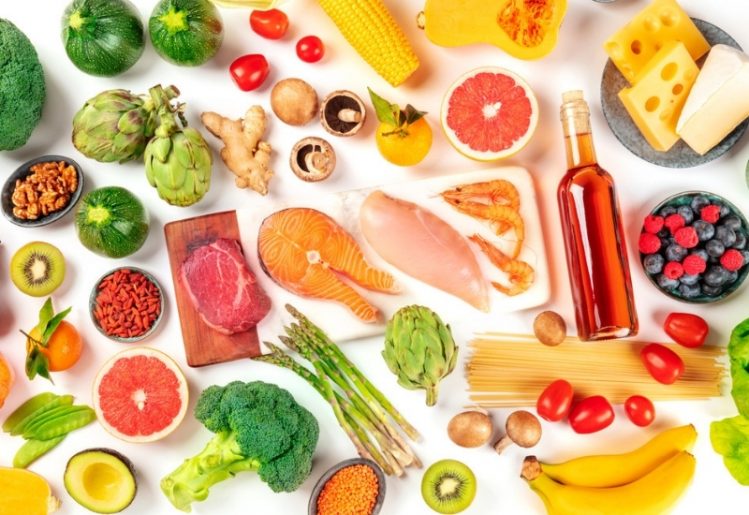 he daily diet is the key element when it comes to the health of the gut microbiome. In fact, researchers have been able to connect specific microbes to specific foods. In the future, that may be able to help produce detailed, food-specific diets to help people with a high risk of a particular disease reduce that risk via
he daily diet is the key element when it comes to the health of the gut microbiome. In fact, researchers have been able to connect specific microbes to specific foods. In the future, that may be able to help produce detailed, food-specific diets to help people with a high risk of a particular disease reduce that risk via 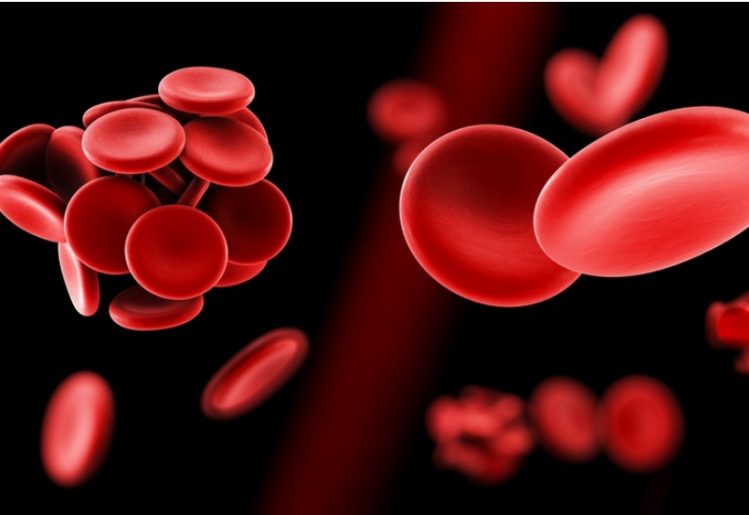 As far back as 1929,
As far back as 1929, 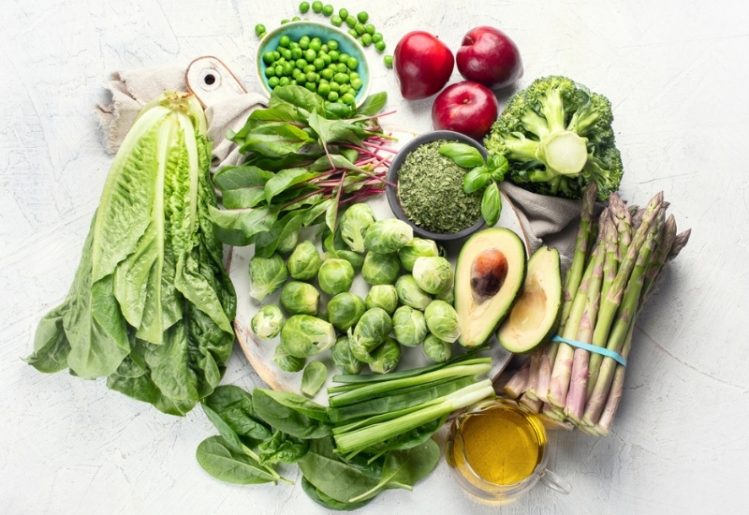 Although Brussels sprouts isn’t a popular food, it is very nutritious. Among the highly valued nutrients it contains, a half cup of this veggie provides 109 mcg (91 percent DV) of vitamin K. A 100 gram serving will provide the body with 140 mcg (117 percent DV) of this nutrient.
Although Brussels sprouts isn’t a popular food, it is very nutritious. Among the highly valued nutrients it contains, a half cup of this veggie provides 109 mcg (91 percent DV) of vitamin K. A 100 gram serving will provide the body with 140 mcg (117 percent DV) of this nutrient. The health benefits of curcumin,
The health benefits of curcumin,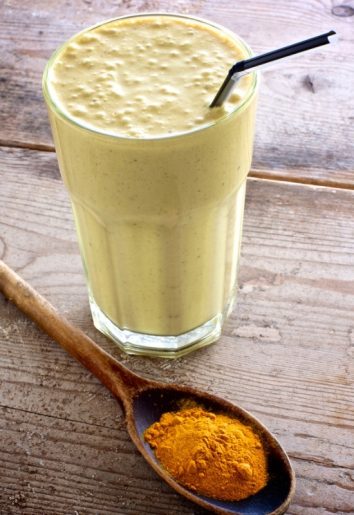 Fresh turmeric root is a great addition to your morning smoothie. You can also add a bit of the ground spice to get in your daily dose of curcumin. While it normally possesses a strong flavor, putting turmeric in a smoothie will usually disguise it when used in moderation.
Fresh turmeric root is a great addition to your morning smoothie. You can also add a bit of the ground spice to get in your daily dose of curcumin. While it normally possesses a strong flavor, putting turmeric in a smoothie will usually disguise it when used in moderation.